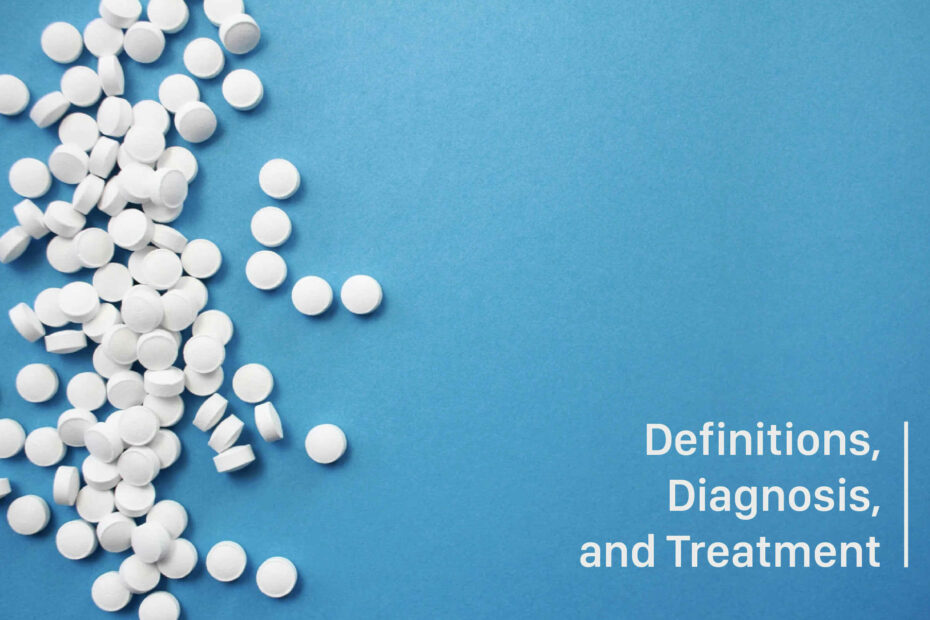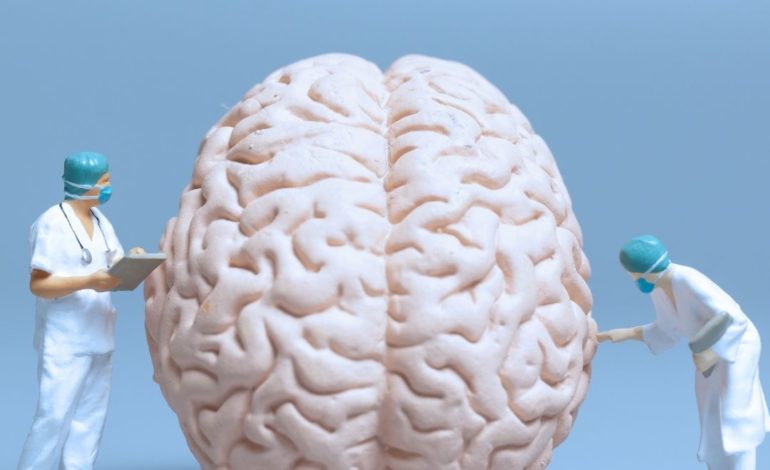Looking at the Relationship Between Opioid Misuse and Depression in Teenagers
World Teen Mental Wellness Day is observed across the globe on March 2 every year. This day aims to raise awareness about mental health issues in teenagers. Mental health struggles are common in teens, making up 16% of disease and injuries in people aged 10 to 19. Mental health issues start from around 14 years of age and often go undiagnosed and untreated. Suicide and depression are among the leading causes of death among teens and can even lead to other struggles such as substance use disorders in later years.
Individuals often fail to understand what teenagers go through, and the stigma associated with mental health disorders can make teens reluctant to seek help. This important awareness day encourages open conversation and education to help teens worldwide.
Teenagers are known to make rash decisions and “live on the edge” partly because they are naturally rebellious combined with the fact that the decision-making part of their brain is not yet fully developed. Teenagers are also in a state of limbo where they are trying to figure out how to fit in with their social circle while gaining independence from their parents. This development stage can harvest feelings of curiosity combined with feelings of escape, especially if your son or daughter is battling depression.
Depression is more than just a sad or irritable mood. This mood disorder affects teenager’s daily functioning and can negatively affect their school performance and relationships. Depression is characterized by difficulties with sleep, changes in appetite, poor concentration, low energy, sad mood, loss of interest in activities, feelings of guilt, and suicidal ideation.
Depression and addiction in teenagers
Teenagers may use prescription painkillers to mask their symptoms of depression; however, opioid abuse is known to worsen depression hence why these two disorders commonly occur together. Depression alone can lead to drug abuse, and drug abuse can cause depression; thus, both disorders commonly co-occur together. It is not just illegal drugs, such as cocaine and heroin, that can lead to abuse or addiction. Prescription medications such as painkillers, sleeping pills, and anxiety pills can also cause addiction. Next from marijuana, prescription painkillers are the most abused drugs in the United States. More people die from overdosing powerful opioid painkillers each day than from traffic accidents and gun deaths combined.
Opioid abuse in teenagers
Opiates, also known as prescription painkillers, are synthetic and naturally derived painkillers that work on the mu receptors in the brain to eliminate all different types of pain; however, they also are known to release endorphins and dopamine, causing a rush of euphoria. These feelings of intense pleasure combined with excruciating withdrawal effects are the main reasons prescription painkillers are so addictive in both teenagers and adults alike. Studies have shown that 40 percent of teenagers report easily obtaining prescription opiates, and only 14 percent say the same about heroin. The differences in availability may explain the differences in usage. Studies show that four out of 10 teenagers see prescription drugs as less dangerous than heroin, which may also explain the differences in use. In 2010, about eight percent of 12th graders reported using Vicodin in the past year, compared to less than one percent for heroin. Studies have shown that opioid abuse is directly linked with depression, and approximately 50 percent of opioid prescriptions are prescribed to individuals with depression. Opioids or prescription painkillers are sold on the street, taken from parents’ medicine cabinets, improperly prescribed by physicians.
Risk factors for opioid abuse in teenagers
Witnessing domestic violence or substance abuse at home
An unhealthy, inconsistent, or overly harsh discipline style
Physical or sexual abuse
Emotional abuse or neglect from parents or caregivers
Divorce, poorly managed marital issues, or other emotional upset in the home
Separation from parents at infancy and receiving poor foster care
Parental substance abuse
Poor academic achievement
How do I know if my teenager is abusing opioids?
Opioid intoxication and opioid withdrawal each have specific signs and symptoms. The following are signs and symptoms associated with opioid intoxication:
Drowsiness
Confusion
Slurred speech
Constipation
Slow/shallow breathing
Opioid withdrawal effects
Death can occur from opioid overdose but not withdrawal; however, the opioid withdrawal effects can be excruciating and are one of the main reasons many individuals relapse. The opioid withdrawal effects are listed below:
Diarrhea
Rhinorrhea (runny nose)
Diaphoresis
Lacrimation (tearing)
Shivering
Nausea
Vomiting
Sleeplessness
Restlessness
Tremors
Abdominal cramping,
Bone pains
Muscle aches
Treatment for opioid abuse in teenagers
Behavioral therapy, family therapy, and recovery support systems are the mainstay treatment approaches for prescription drug treatment for teens. Behavioral therapy focuses on the negative thoughts and emotions associated with prescription medication addiction; and teaches the teen to learn positive behavioral strategies such as coping skills, problem-solving skills, and communication skills. Family therapy consists of learning and recognizing any unhealthy family dynamics or stressors in the household and works to make improvements within this realm. Recovery support systems include Assertive Continuing Care, Mutual Help Groups, Peer Recovery Support Services, and Recovery High schools.
Seeking Help for Your Teenager at AKUA Mind and Body
Seeking professional addiction treatment can help individuals overcome their addiction to substances and assist individuals in treating their underlying mental health disorder.
AKUA Mind and Body is a full-service addiction and mental health treatment center with multiple locations across California. We specialize in treating individuals struggling with mental health disorders, substance use disorders, and co-occurring disorders. We offer detoxification, medication-assisted treatment, and behavioral therapy approaches at all levels of care, ranging from residential settings to outpatient treatment. We pride ourselves on having a compassionate and knowledgeable treatment staff who cares about each client and their family.




